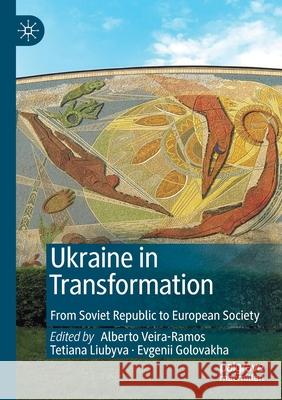Ukraine in Transformation: From Soviet Republic to European Society » książka
topmenu
Ukraine in Transformation: From Soviet Republic to European Society
ISBN-13: 9783030249809 / Angielski / Miękka / 2020 / 282 str.
Ukraine in Transformation: From Soviet Republic to European Society
ISBN-13: 9783030249809 / Angielski / Miękka / 2020 / 282 str.
cena 603,81
(netto: 575,06 VAT: 5%)
Najniższa cena z 30 dni: 578,30
(netto: 575,06 VAT: 5%)
Najniższa cena z 30 dni: 578,30
Termin realizacji zamówienia:
ok. 22 dni roboczych.
ok. 22 dni roboczych.
Darmowa dostawa!
Kategorie:
Kategorie BISAC:
Wydawca:
Palgrave MacMillan
Język:
Angielski
ISBN-13:
9783030249809
Rok wydania:
2020
Wydanie:
2020
Ilość stron:
282
Waga:
0.36 kg
Wymiary:
21.01 x 14.81 x 1.63
Oprawa:
Miękka
Wolumenów:
01
Dodatkowe informacje:
Wydanie ilustrowane











